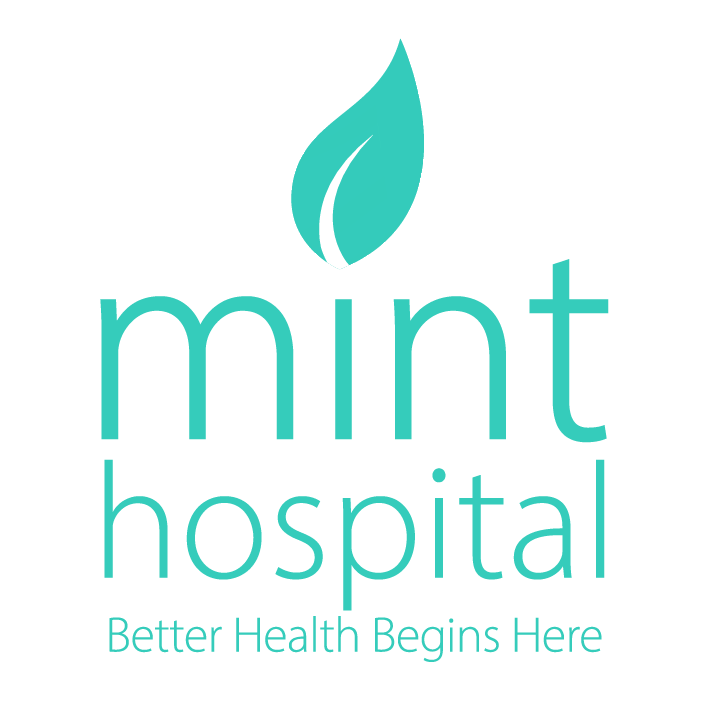A Comprehensive Guide to PCOD
PCOD, also known as PCOS, is a disorder that affects women’s ovaries, which are reproductive organs that produce small amounts of relaxin, inhibin, and male hormones known as androgens in addition to progesterone and estrogen, which aid in controlling the menstrual cycle.Around 10% of women worldwide experience PCOD. Women with PCOS produce more male hormones than usual compared to PCOD.
PCOS, or polycystic ovarian syndrome, is not a single illness. Rather, it is characterised as “a heterogeneous disorder with different biological mechanisms at play.” To put it another way, it’s a collection of symptoms (androgen excess and anovulatory cycles) brought on by or influenced by several distinct underlying causes. If you suspect that you may have PCOD or any of the symptoms mentioned below, then visit a Multispecialty hospital to get a comprehensive diagnosis for PCOD.
What exactly is PCOS?
When all other potential causes of androgen excess have been eliminated, the best definition of PCOS is androgen excess or elevated male hormones. Furthermore, despite the name, polycystic ovarian syndrome is unrelated to ovarian cysts. The so-called “cysts” seen on ultrasound scans are follicles or eggs, which are normal for the ovary rather than ovarian cysts.
Pain and other symptoms may be caused by large, abnormal ovarian cysts. They are not the same as polycystic ovaries and are a different problem that is commonly misunderstood.
Symptoms of PCOS/D
- Irregular periods: Having fewer periods or periods that are not on time is the major sign of the condition.
- Higher levels of androgens: You can get tested to see if your androgen hormone levels are high. Other signs of a high androgen level include acne, body hair and balding.
- Polycystic ovaries: Ovaries might be bigger containing immature eggs. A pelvic ultrasound may be able to identify such abnormalities. Mint Hospitals Chennai is fully equipped to undertake the necessary scans and checkups to identify such concerns.
What causes PCOS/D?
PCOS’s precise cause is unknown. Among the several possibilities, these are the most likely causes:
- Insulin resistance: One hormone that the pancreas produces is insulin. It makes sugar—your body’s main source of energy—usable to cells. Blood sugar levels may rise if cells develop resistance to insulin’s effects. In an attempt to lower the blood sugar level, this may prompt your body to produce more insulin.
- Your body may produce too much androgen if you have too much insulin in your system. The process of ovulation, in which the ovary releases its eggs, may be problematic for you. Dark, velvety patches of skin are an indicator of insulin resistance.
- Inflammation. White blood cells produce chemicals in reaction to damage or infection and this reaction is referred to as low-grade inflammation. Studies reveal that a kind of chronic low-grade inflammation in PCOS patients causes their polycystic ovaries to manufacture androgens. Heart and blood vascular issues may result from this.
- Genetics: Studies indicate that PCOS may be associated with specific genes. A family history of PCOS may contribute to the development of the illness.
- Androgen Levels: The ovaries may create a lot of androgen when PCOS is present. Ovulation is hampered by an excess of androgen. This indicates that eggs are not released from the follicles and do not develop regularly.
Functional PCOS
The key to treating PCOS effectively is figuring out what factor, or factors, is causing the symptoms. This means that you must be aware of your functional PCOS type. There are namely four:
Insulin-resistant PCOS, inflammatory PCOS, post-pill PCOS (temporary), and the much less common adrenal PCOS are the four functional types of PCOS.
The research on this disorder and the development of cures for this condition are limited. The fact that there is a lack of data and accurately updated statistics regarding the prevalence of PCOS in the female population of India highlights how grossly undermined this condition is both within the country and globally.
How to manage PCOD?
Modifying one’s lifestyle and using natural treatments for PCOS/PCOD. Since it primarily impacts the hormone balance in the body, the actions listed below will assist women in lowering their body’s androgen levels:
-
Keeping a healthy weight:
For women, a body mass index (BMI) of 18.5 to 24.9 is considered ideal and healthy; a BMI of 30 or higher is considered obese and unhealthy. Sustaining a healthy body weight or decreasing weight can help lower blood pressure, lower the risk of heart disease, diabetes, and high blood pressure. It can also help maintain ideal levels of androgen and insulin, which can help restore the menstrual cycle’s ovulation phase. See a dietitian for advice on how to lose weight and get your BMI within a healthy range.
-
Cut back on carbs:
Diets heavy in carbohydrates may raise insulin levels. If you have PCOS, ask your doctor if a low-carb diet could be beneficial. Select complex carbs as they have a slower effect on blood sugar levels. Whole grains, cooked dry beans and peas, fruits, and vegetables all include complex carbs.
-
Physical activity:
Getting exercise lowers blood sugar. Increasing your daily activity and exercising frequently can help treat or possibly prevent insulin resistance if you have PCOS. Maintaining an active lifestyle can also help you prevent diabetes and regulate your weight.
Can the condition be permanently cured?
As of now, the condition cannot be permanently cured but it can be effectively managed with appropriate medications and lifestyle changes. Each symptom of PCOD can be managed individually like acne, irregular periods, infertility, excessive hair, and alopecia.
Multiple medications can be taken to address each of the symptoms of PCOD. Visit a Multispecialty hospital to identify if your symptoms amount to PCOD.
It is also important to note that the condition can also be acquired at a later stage in life. Although this is rare, the symptoms of hormonal changes may appear later exacerbated by factors such as stress, obesity and a sedentary lifestyle.
You can visit the Obstetrics and Gynaecology Department of Mint Hospitals Chennai to get a comprehensive diagnosis of possible PCOS.


